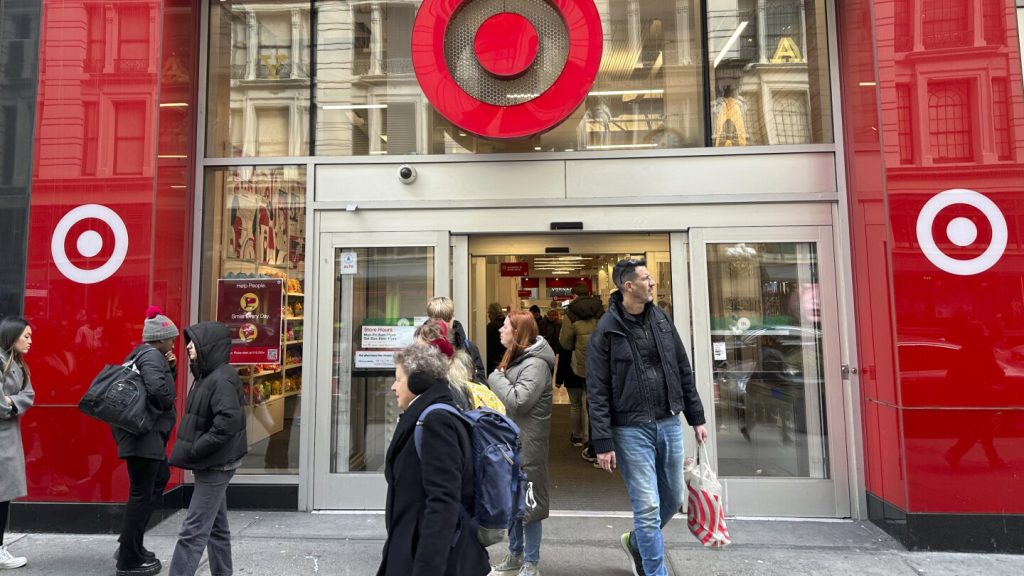The University of Michigan’s consumer sentiment index has slightly decreased to 77.9 this month, down from March’s figure of 79.4. Despite this slight decline, consumer sentiment remains near a recent high and has stayed largely unchanged throughout the year. The survey has been conducted since 1980 and serves as an indicator of consumer outlook on the economy. Joanne Hsu, the director of the consumer survey, noted that consumers are reserving judgment about the economy in light of the upcoming election, which many believe could have a significant impact on the trajectory of the economy. The index had seen a significant jump in the past few months after hitting a low in November but has since stabilized.
The increase in gas prices has likely contributed to the decline in consumer sentiment, with the average national price of a gallon of gas rising by about 7% in the past month to $3.63. This rise in gas prices, coupled with Americans’ perceptions of future inflation, has led to concerns among consumers. Despite this, economists remain optimistic about consumer spending as long as the job market remains strong. Oren Klachkin, an economist at Nationwide, noted that sentiment remains on a rising trend and that it is still a positive environment for consumers. However, the rising trend in prices and inflation has impacted consumers’ confidence in the economy.
The survey also found that sentiment among Republicans declined the most, while it edged down among independents and rose slightly among Democrats. This reflects the increasing influence of political partisanship on Americans’ economic views in recent decades. Consumers’ expectations for inflation have also risen, with many expecting inflation to be 3.1% a year from now, exceeding the Federal Reserve’s target of 2%. Despite this, the current inflation rate of 3.5% remains higher than consumers’ expectations. Inflation has come down from its peak in 2022 but has remained elevated this year, with prices excluding food and energy costs rising by 3.8% in March compared to the previous year.
The University of Michigan’s consumer sentiment index serves as a key indicator of consumer outlook on the economy, with slight fluctuations reflecting changes in economic conditions and consumer confidence. The recent decline in consumer sentiment can be attributed to rising gas prices and concerns about inflation. While economists remain optimistic about consumer spending, they acknowledge the impact of these factors on consumer confidence. The survey also highlights the influence of political partisanship on Americans’ economic views and expectations, with sentiment varying among different political groups. Overall, consumer sentiment remains relatively positive, but ongoing economic challenges, such as inflation, continue to impact consumers’ confidence in the economy.


